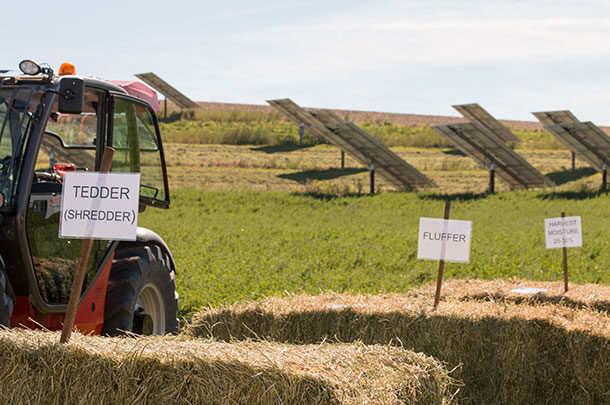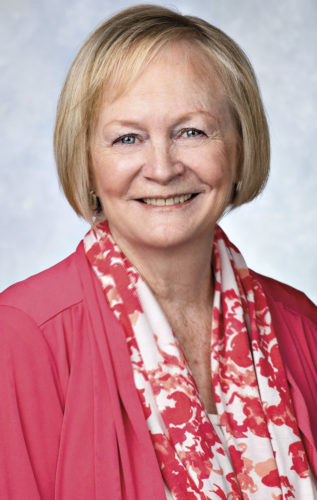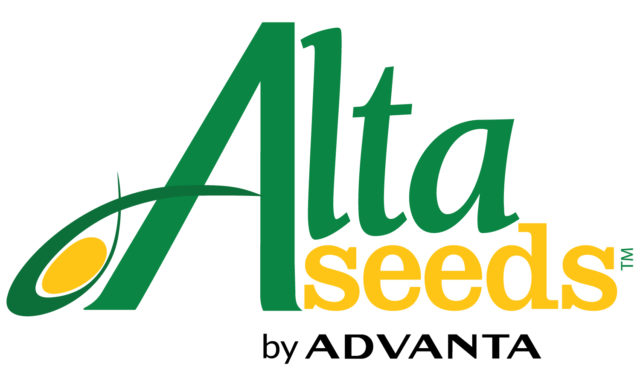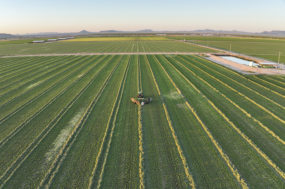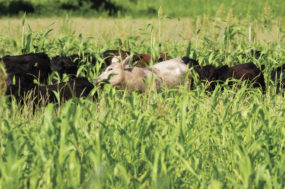Heidel Hollow sits on the southern slope of the Appalachian mountains, where 900 of 1,600 crop acres are devoted to quality hay production – timothy, orchardgrass and alfalfa. Of his farm, Fink says, “We have two types of soil – uphill and downhill.”
Diversification and innovation reign at Heidel Hollow. To help the hay cure for baling, Fink built a folding windrow fluffer, mounted to a self-propelled unit. The unit was demonstrated on alfalfa hay for field day participants.
The farm at one time had a 40,000 chicken production enterprise. Literally, however, they decided not to “put all their eggs in one basket” and have diversified the operation. Locally, they are also known as the “produce kings” with more than 800 acres planted to vegetables, including hard squash, green beans, pumpkins, sweet corn, broccoli, zucchini, summer squash and other produce. They created a hydro-cooling facility for packaging and processing the produce to ship to grocery stores on the East Coast. They hire 40 to 50 harvest laborers annually from the local community.
And that’s not all. Heidel Hollow repackages hay into three bale sizes: 3 by 4 by 8 feet (1,100 pounds), 15 by 9 by 22 inches (35 pounds, double compressed) and 15 by 18 by 22 inches (70 to 80 pounds, double compressed) for export.
But they don’t stop there. The farm also produces Hydration Hay for Purina, which is a proprietary process that uses chopped timothy and orchardgrass hay, chopped alfalfa and vegetable oil to create a compressed 2-pound brick for easy transport. Fink demonstrated the brick-making and rehydration process – a process that he helped design and build.
The brick can then be placed in 5 quarts of water to rehydrate, creating “fresh feed” in approximately 10 minutes – anywhere, anytime. The block also masks the odd tastes found in foreign water sources when traveling, so horse customers can travel with the blocks and still use local water sources on the road.
Heidel Hollow is truly a showcase farm with an on-farm market, clean buildings, paved roadways and flowers planted just for beautification. David and Sonja are generous in their efforts to open their farm to school and public groups throughout the year. This transparency in production is a great consumer education tool worthy of modeling. FG
Learn more about the farm in the video below:
To learn more about Heidel Hollow, visit their website. To learn more about the National Hay Association, click here.
PHOTO: David Fink compares hay produced with the help of his self-designed fluffer to achieve the feed quality values his customers need. Photo by Lynn Jaynes.
